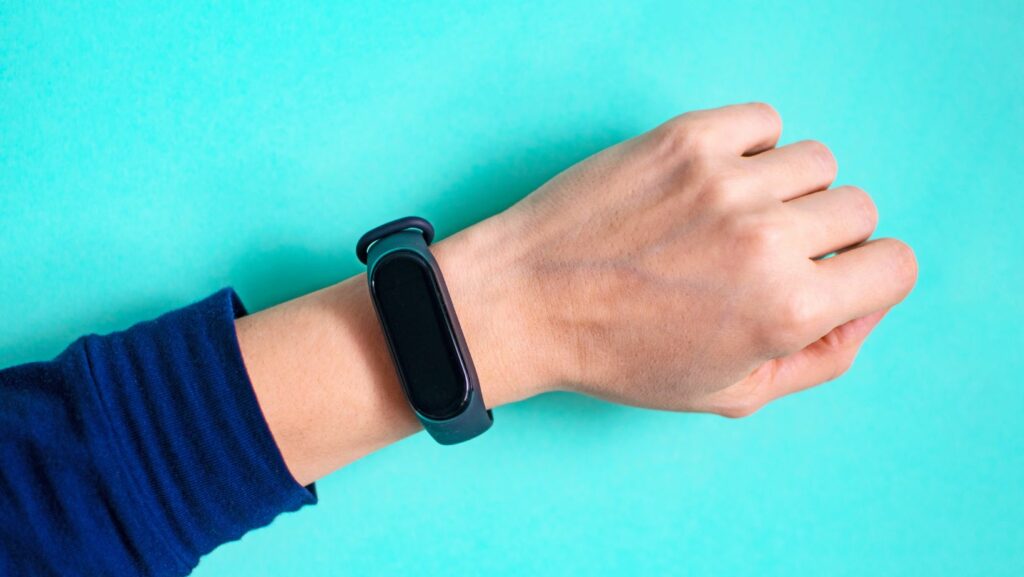Stress Management Score Fitbit
As a prominent health tracking device, Fitbit aims to help users maintain their well-being effectively through the Stress Management Score Fitbit feature. It’s both a measuring scale and an insightful tool, designed to aid users in understanding how their body responds to stress. Providing specifics on physical reactions triggered by stress, it can offer targeted suggestions to control stress levels effectively.
Diving into the mechanics of the Stress Management Score Fitbit feature, it’s a complex threesome amalgamation. It harnesses data from three factors – heart rate variability (HRV), exertion level, and sleep patterns. For example, a decrease in HRV signals high stress, while a balanced sleep pattern often indicates the body successfully handling stress. The exertion level, determined by physical activities, also plays a pivotal role in the score calculation. The algorithm swiftly processes this trio of data to churn out a daily Stress Management Score Fitbit, granting users a better grip on their everyday stress.

A Deep Dive into Fitbit’s Approach to Stress Management
Advancing further into Fitbit’s innovative approach to stress management requires a detailed look at its bio-sensing features and stress level measurements. Comprehending how Fitbit leverages these capabilities to empower users with better self-awareness forms the crux of understanding its Stress Management Score Fitbit.
Fitbit’s bio-sensing capabilities enable it to gather pertinent health data from the user. At the heart of its operations lies an array of sensors, such as heart rate monitors, accelerometers for tracking movements and sleep, and temperature sensors. For example, the heart rate sensor tracks heart rate variability (HRV), a key bio-marker of stress and recovery. Another vital component is the accelerometer, helping in detecting changes in user movements and sleep patterns, integral in stress level assessments.
The Fitbit device measures stress levels using a unique algorithm that incorporates various data. Emphasizing the bio-sensing features’ findings, it unites HRV, exertion level from physical activity, and sleep patterns to arrive at a daily Stress Management Score Fitbit. This score, ranging from 1 to 100, offers users a comprehensive quantification of their stress levels. Higher scores imply less stress, and lower scores indicate higher stress. It’s hence, through this calculated score, users gain insight into their everyday stress factors. They can then effectively devise strategies to combat and manage this stress to promote better overall wellbeing.

The Importance and Benefits of Tracking Stress Levels with Fitbit
An effective stress management tool, the Stress Management Score Fitbit provides individuals with invaluable insights to aid in self-monitoring and control of stress levels. With this, the benefits of using Fitbit for tracking stress levels extend beyond mere knowledge expansion.
Fitbit’s features enable continuous and proactive monitoring of stress, providing the groundwork for maintaining balanced stress levels. Tracking stress becomes pivotal to prevent escalations, prompting necessary steps for stress mitigation. By offering daily stress scores, Fitbit seizes upon three principal parameters – heart rate variability, physical exertion, and sleep patterns. Monitoring these factors can help in identifying stress triggers, providing a reference for avoiding them in the future. For instance, if one’s stress score tends to spike after certain activities or during specific times of the day, they’d know next time to approach these instances with a stress-reduction strategy in hand.
Employing Fitbit for stress management can lead to marked enhancements in overall health and wellness. A consistently low stress score can result in improved physical health, as high stress levels have been scientifically linked to compromised immune systems and increased risk for conditions such as high blood pressure and heart disease. Besides, better stress management enhances mental well-being, contributing to heightened cognitive functions and emotional stability. As an example, an individual who uses Fitbit to regularly track and control their stress levels may experience an improvement in sleep quality, focus, and mood. Thus, the ongoing use of Fitbit as a tool for stress management is a significant step towards promoting healthier lifestyles.

